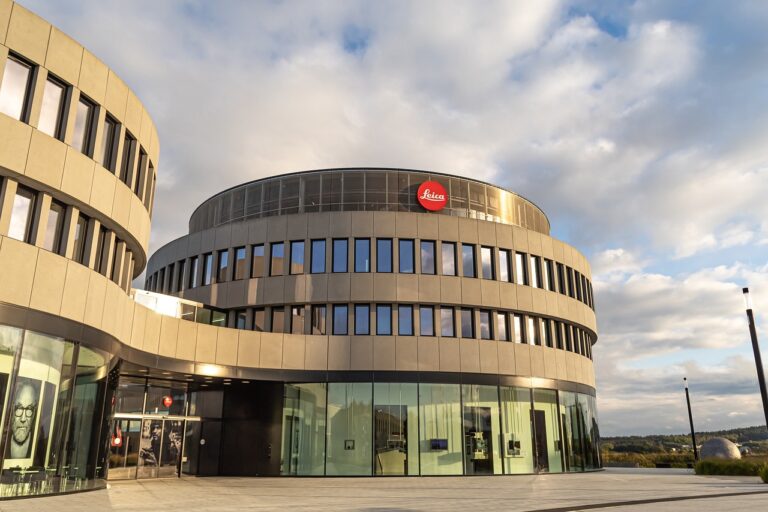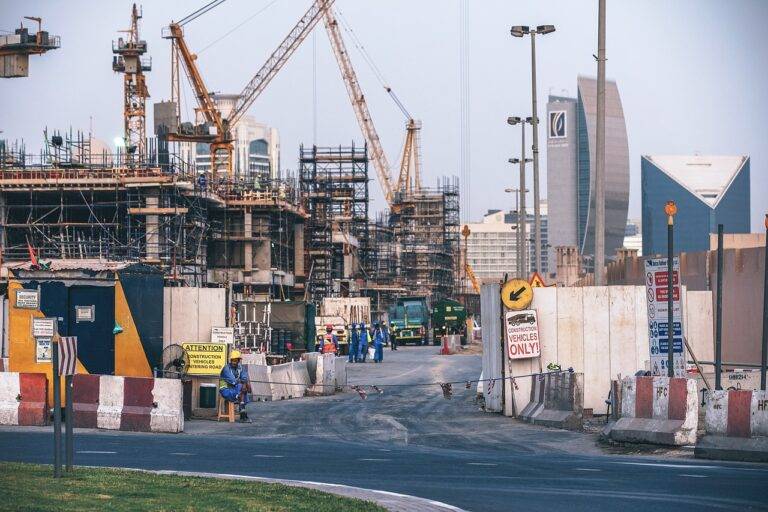The Impact of Precision Agriculture on Food Security: 11xplay reddy login, Gold365 registration, Skyfair
11xplay reddy login, gold365 registration, skyfair: Precision agriculture has revolutionized the way we grow and produce food, offering a promising solution to the global issue of food security. By implementing advanced technologies and data-driven decision-making processes, farmers can maximize their yields while minimizing resource waste. In this article, we will explore the impact of precision agriculture on food security and how it is shaping the future of farming.
What is Precision Agriculture?
Precision agriculture, also known as precision farming or smart farming, involves using technology to optimize crop production by analyzing data on weather patterns, soil quality, and crop health. By collecting and monitoring these variables, farmers can make more informed decisions regarding planting, irrigation, fertilization, and pest control.
Implementing precision agriculture techniques can significantly increase crop yields and improve overall farm efficiency. By using GPS-guided tractors and drones to monitor fields, farmers can identify areas that require more attention and resources, leading to better crop health and productivity.
The Impact on Food Security
Food security is a critical issue facing the world today, with a growing population and limited natural resources making it increasingly challenging to produce enough food to feed everyone. Precision agriculture offers a solution to this problem by enabling farmers to produce more food with fewer resources.
One of the key benefits of precision agriculture is its ability to optimize resource use. By monitoring soil moisture levels and nutrient content, farmers can apply fertilizers and irrigation more efficiently, reducing waste and environmental impact. This, in turn, leads to higher crop yields and more sustainable farming practices.
Another crucial aspect of precision agriculture is its role in combating climate change. By using data to predict weather patterns, farmers can adjust their planting schedules and crop selection to adapt to changing environmental conditions. This resilience is essential for ensuring a stable food supply in the face of increasing climate variability.
Overall, precision agriculture has the potential to transform the agricultural industry and improve food security worldwide. By adopting advanced technologies and data-driven strategies, farmers can increase efficiency, reduce waste, and produce more food to meet the demands of a growing population.
Challenges and Opportunities
While precision agriculture offers many benefits, it also comes with its own set of challenges. Implementing new technologies can be costly, and not all farmers have access to the necessary resources or training to adopt these practices. In many developing countries, small-scale farmers struggle to afford the upfront investment in precision agriculture tools, limiting their ability to improve their yields and income.
Additionally, there are concerns about data privacy and security in the agricultural sector. As farmers collect and store more data on their operations, there is a risk of this information being misused or hacked. It is essential for farmers to implement secure data management practices and ensure that their information is protected from cyber threats.
Despite these challenges, there are many opportunities for the future of precision agriculture. As technology continues to advance, costs are likely to decrease, making these tools more accessible to farmers of all sizes. By partnering with governments, NGOs, and agribusinesses, small-scale farmers can gain access to the resources and training they need to adopt precision agriculture practices and improve their livelihoods.
Furthermore, there is a growing trend towards sustainable agriculture and organic farming, driven by consumer demand for healthy and environmentally friendly food products. Precision agriculture can play a crucial role in promoting these practices by helping farmers reduce their chemical use, conserve water, and improve soil health. By aligning with consumer preferences and market trends, farmers can increase their profits while benefiting the environment.
The Future of Farming
As we look towards the future of agriculture, it is clear that precision agriculture will play a central role in shaping the industry. By harnessing the power of data and technology, farmers can increase their efficiency, productivity, and sustainability, leading to a more secure and resilient food supply.
Innovations such as autonomous tractors, robotic weeders, and AI-driven crop monitoring systems are already transforming farming practices and helping farmers overcome the challenges of modern agriculture. With continued investment in research and development, we can expect to see even more advanced technologies emerge in the coming years, further revolutionizing the way we grow and produce food.
FAQs
1. What is the main goal of precision agriculture?
The main goal of precision agriculture is to optimize crop production by using technology to analyze data on weather patterns, soil quality, and crop health. By making more informed decisions regarding planting, irrigation, fertilization, and pest control, farmers can increase their yields and reduce resource waste.
2. How does precision agriculture impact food security?
Precision agriculture helps improve food security by enabling farmers to produce more food with fewer resources. By maximizing crop yields and reducing waste, farmers can increase the availability of food and improve the overall efficiency of the agricultural industry.
3. What are some challenges associated with precision agriculture?
Some challenges associated with precision agriculture include the high cost of implementing new technologies, limited access to resources and training for small-scale farmers, and concerns about data privacy and security. Overcoming these challenges will be essential for the widespread adoption of precision agriculture practices.
4. How can precision agriculture benefit the environment?
Precision agriculture can benefit the environment by reducing chemical use, conserving water, and improving soil health. By promoting sustainable farming practices, precision agriculture helps farmers minimize their environmental impact and contribute to a more sustainable food system.







